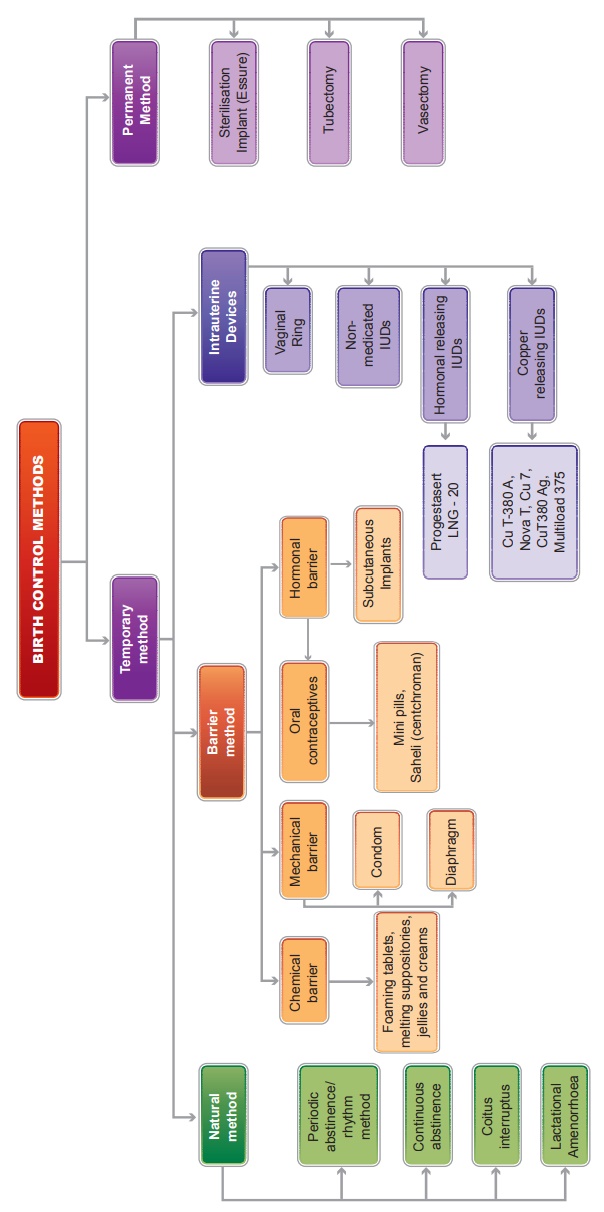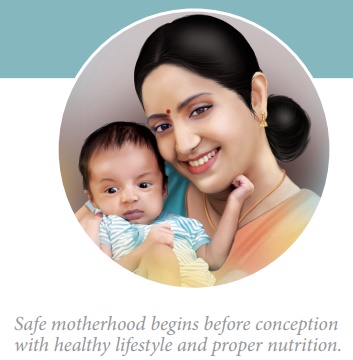Zoology - Reproductive Health: Summary | 12th Zoology : Chapter 3 : Reproductive Health
Chapter: 12th Zoology : Chapter 3 : Reproductive Health
Reproductive Health: Summary
Summary
Reproductive health
refers to a total well-being in all aspects of reproduction. Providing medical
facilities and care to the problems like menstrual irregularities, pregnancy
related aspects, medical termination of pregnancy, STI, birth control,
infertility, post natal child and maternal management are the important aspect
of the Reproductive and Child Health Care programmes.
An overall improvement
in reproductive health has taken place in our country as indicated by reduced
maternal and infant mortality rates, assistance to infertile couples, etc.
Improved health facilities and better living conditions promote an explosive
growth of population. Such a growth necessitated intense propagation of
contraceptive methods. Various contraceptive options are available now such as
natural, traditional, barrier, IUDs, pills, injectables, implants and surgical
methods. Though contraceptives are not regular requirements for reproductive
health, one is adviced to use them to avoid pregnancy or to delay or space
pregnancy.
Diseases or infections
transmitted through coitus are called Sexually transmitted infections (STIs).
Pelvic inflammatory diseases (PIDs), still birth, infertility are some of the
complications of STDs. Early detection facilitates better cure of these
diseases. Avoiding coitus with unknown/ multiple partners, use of condoms
during coitus are some of the simple precautions to avoid contracting STIs.
Inability to conceive or
produce children even after unprotected sexual cohabitation is called
infertility. Various methods are now available to help such couples. In vitro
fertilization followed by transfer of embryo into the female genital tract is
one such method.


Related Topics